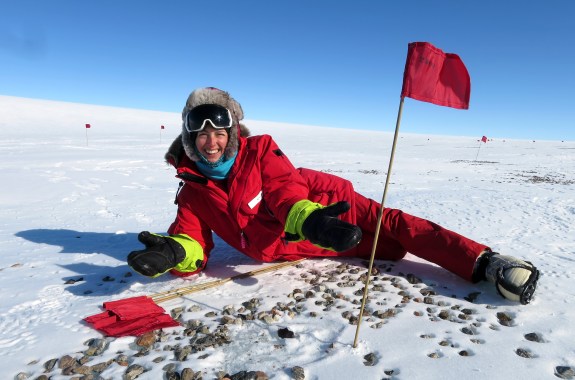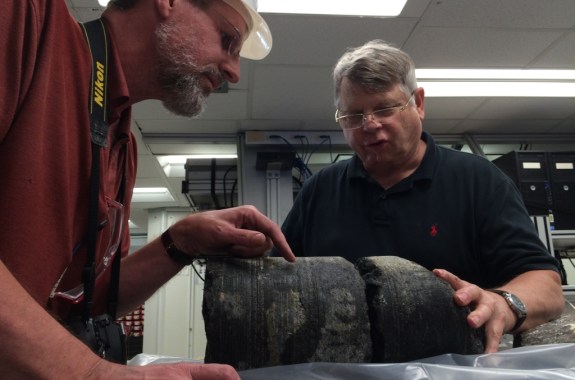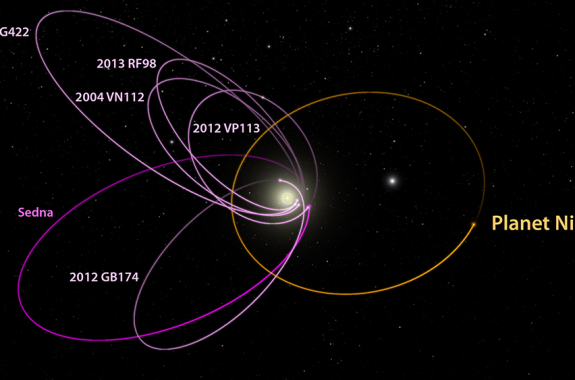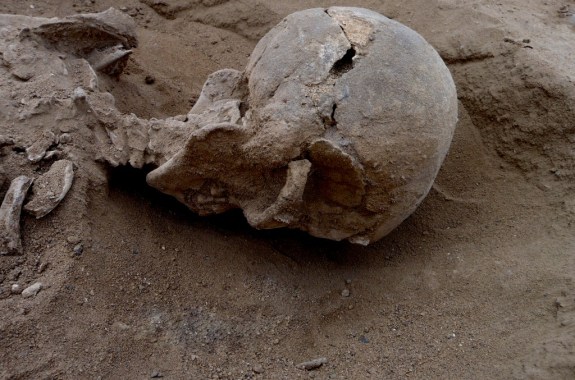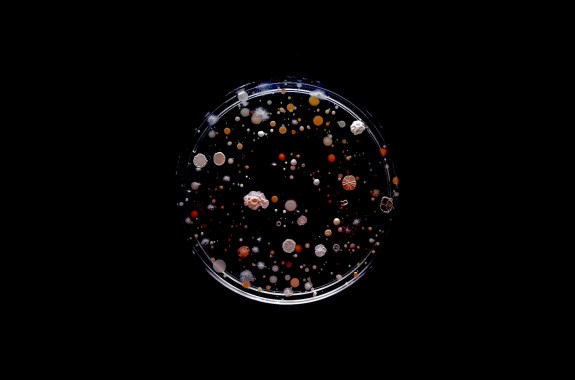Radio
Listen to Science Friday live on Fridays from 2-4 p.m. ET
November 22, 2024
On the 50th anniversary of Lucy’s discovery, paleoanthropologists reflect on what she means to science, and what she taught us about ourselves. Plus, divers have recovered seeds of a long-lost rye variety from a 146-year-old shipwreck in Lake Huron. And, just in time for Thanksgiving, a potato researcher explains potato varieties, potato nutrition, and some tubular tuber facts.
16:49
Confessions of a Meteorite Hunter
Meteorite hunter Nina Lanza reports back from six weeks scouring the Antarctic ice for space rocks.
12:07
PCB Contamination, Space Flowers, and Python Removal
High levels of toxic polychlorinated biphenyls are showing up in European marine mammals. Plus, a look at the pros and cons of a public python removal competition.
12:09
To Compose the Perfect Bite, Listen to Your Food
Dan Pashman, host of WNYC’s The Sporkful podcast, tells us how sound can influence the taste of your food, prevent cooking mishaps, and help you to compose the perfect bite.
7:22
Digging Deep Into the Crust of the Earth
Researchers are drilling through the earth’s crust to learn about the formation of the planet.
8:43
Read ‘On the Move’ With the #SciFriBookClub
The SciFri Book Club celebrates Oliver Sacks’ literary legacy by reading his autobiography, “On the Move.”
17:13
Somewhere Out There, Planet Nine
Researchers calculate that there may be a large undiscovered ninth planet lurking in the distant reaches of our solar system.
17:21
Archaeological Find Points to Ancient Human Violence
Archaeologists report the discovery of evidence for a 10,000-year-old massacre.
10:17
Does Apple Deserve Its Reputation for Good Design?
Apple’s former Human Interface Evangelist argues that the company is “destroying design.”
6:00
An Artist Swabs the NYC Subway
An artist creates unconventional “portraits” of NYC commuters with bacteria gathered on the subway.
11:48
Signs of the Anthropocene, Chimp Trust, and a Twitter Expansion
Researchers say that that the Anthropocene—the human-influenced epoch that we now live in—is “functionally and stratigraphically distinct from” the previous epoch.
